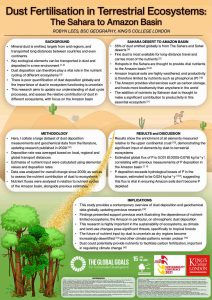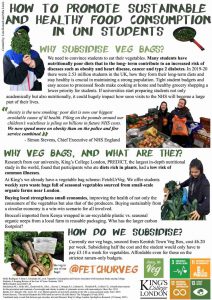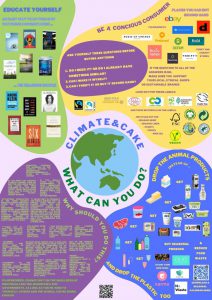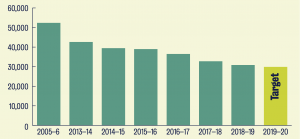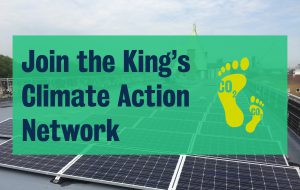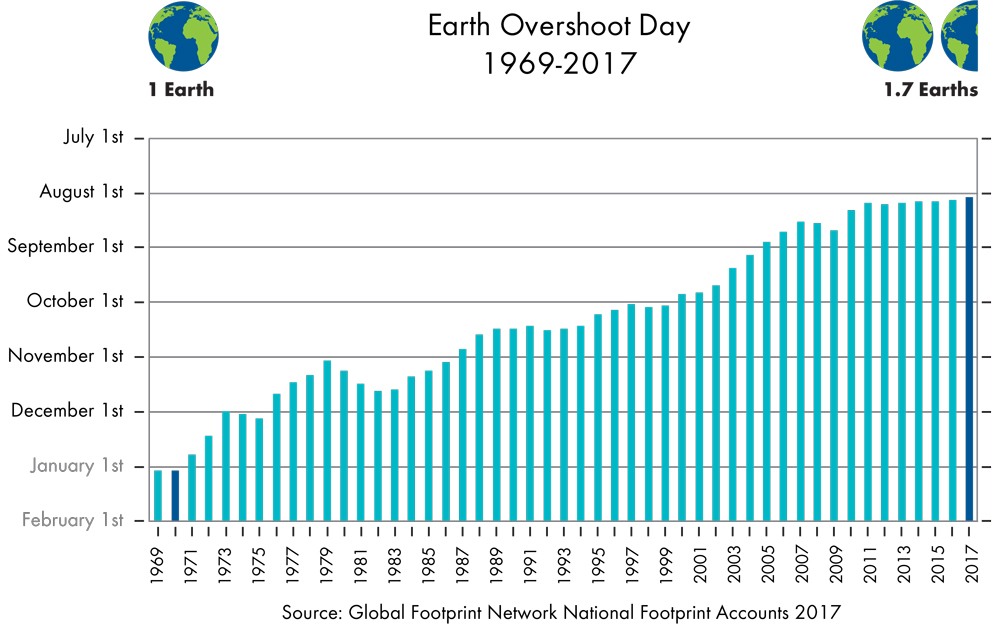This guest blog comes from Mason Cole, MA Politics and Contemporary History student and Sustainability Champion Assistant (SCA), supporting the King’s Energy Team.
If you’re interested in learning more about how you can both switch to cheaper, fairer and more environmentally-friendly energy and support your community in doing so, check out the Citizens UK Fair Energy Campaign, as well as how student group King’s 4 Change is supporting the campaign at King’s.
If you’ve kept up with our blog you will know we have devoted a lot of time to making switching energy providers as easy as possible for you. Of course, we would also prefer energy efficiency to be at the forefront of your mind when switching. As such, we’ve selected a few companies to review so you don’t have to!
How do I know if a company is eco-friendly?
Unfortunately, greenwashing is rife, so it can be difficult to make sure you’re not just falling for a marketing ploy when you think you’ve found the perfect company. Here are some things to look out for:
- Carbon Offsetting – Many companies which call themselves “green” simply offset the carbon they produce, for example by planting trees. We have criticised this in the past but if done alongside other measures it can also be a positive.
- Energy Source – Companies are obliged to tell you where their energy comes from. As much as possible, look for tariffs that offer renewable energy.
- Tariff – As mentioned, the energy source often depends on the tariffs offered. Make sure to check these to see which best fit your needs in terms of usage, cost and of course, efficiency.
Octopus Energy
Octopus has a wide range of tariffs which can be confusing for those who haven’t read our blog! However, if you choose the “Super-Green” tariff then they will provide you with 100% renewable energy in addition to carbon offsetting. To help with costs they will also reward you and a friend with £50 when you switch.
Green Energy UK
Green Energy UK are the only UK energy company to offer 100% “Green” gas as well as 100% renewable energy so in that sense they are the best pick. However, they are on average 38% more expensive than other suppliers so get a quote before you make the decision to switch.
Outfox the Market
Outfox the Market is the cheapest supplier of renewable energy. They offer 100% renewable energy, from wind power, but because they are less established than their competitors they are also lower-rated by customers. Make sure to read reviews online before deciding in this case.
Bulb
One of the more-established eco-friendly energy companies in the UK, Bulb offer 100% renewable energy, from hydro, solar and wind power, as well as 100% carbon neutral gas. They are also, on average, 17% cheaper than the “Big Six.”
Ecotricity
Ecotricity is the UK’s vegan energy supplier, offering 100% renewable energy. They are approved by the Vegan Society and support anti-fracking campaigns as well as Extinction Rebellion, so if you are passionate about helping environmental causes then they could be the right provider for you. However, they are relatively expensive so again make sure to get a quote before deciding.
So there you have it, these are the 5 we selected to look at this week. If you know of another environmentally-friendly supplier, let us know in the comments below!
As always, if you have any further questions or want to get involved with King’s Energy, get in touch!

